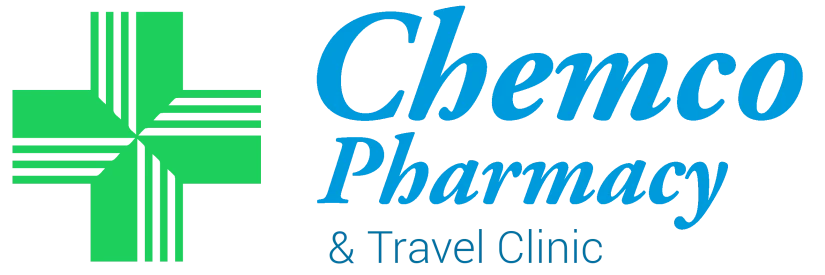
Sinusitis is common after a cold or flu.
The main symptoms of sinusitis include:
Other symptoms include:
You may also snore at night and sound nasal when you speak.
Young children may also be irritable, have difficulty feeding and breathe through their mouth.
The sinuses are small, empty spaces behind your cheekbones and forehead that connect to the inside of the nose.
Sinusitis causes the lining of the sinuses to swell up.
This stops mucus draining into your nose and throat properly, making you feel blocked up.
You can usually treat mild sinusitis yourself by:
If you have a high temperature or you do not feel well enough to do your normal activities, try to stay at home and avoid contact with other people until you feel better.
A pharmacist can give the same treatments as a GP for sinusitis. They can also give advice or direct you to other medical help if needed.
You, or a child, have sinusitis symptoms and:
You, or a child, has sinusitis symptoms and:
You can call 111 or get help from 111 online. Call 111 if you need advice for a child under 5 years old.
If your sinusitis needs treatment, a pharmacist or GP may prescribe medicines such as:
Rarely, you may need antibiotics. This is not common as sinusitis is usually caused by a virus, not bacteria.
A GP may refer you to see an ear, nose and throat (ENT) specialist if you:
An ENT specialist may recommend surgery for some people.
Surgery to treat chronic sinusitis is called functional endoscopic sinus surgery (FESS).
FESS is carried out under general anaesthetic (where you're asleep).
The surgeon can widen your sinuses by either: